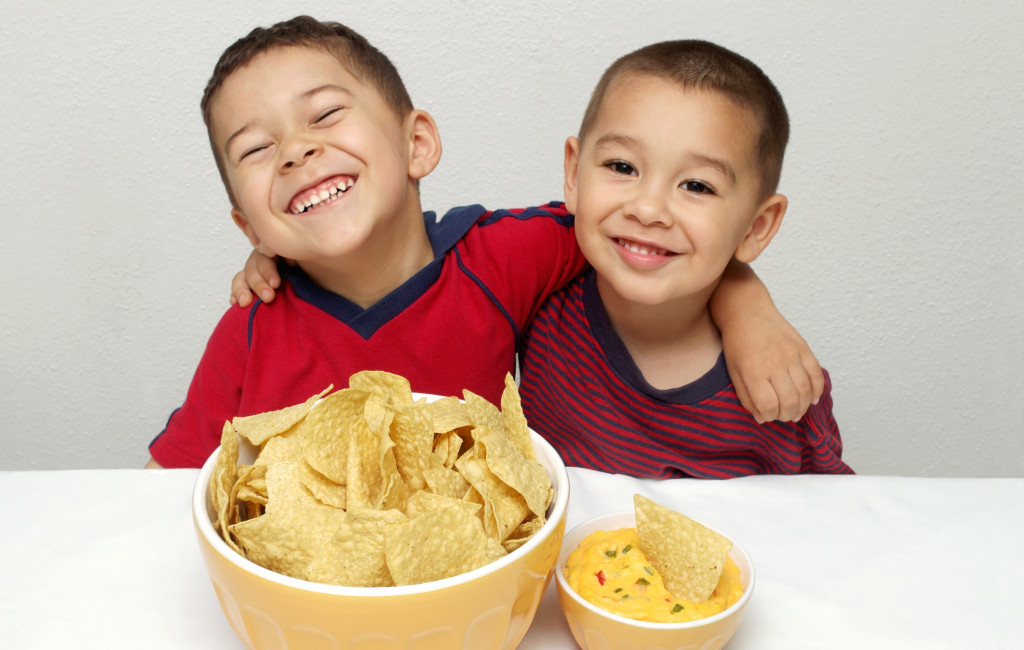It is difficult to break bad habits. That is why the earlier in life we establish excellent, healthy habits, the simpler it is to maintain them and be as healthy and fit. When positive habits are found, it is simpler to resist harmful ones. The essential thing to keep in mind is that you are a role model for your kid. Your behaviors influence the habits of your children.
If you have harmful behaviors, such as smoking, consuming too much liquor, or constantly anticipating the worst, your kid will take up similar habits quicker. If you have healthy behaviors, like eating healthy foods, exercising regularly, and looking forward to the future, your kids are more likely to develop similar behaviors in their own life. Here are some healthy behaviors that you can instill in your children.
Good Hygiene Habits
Teaching youngsters to wash their hands with soap and water is an essential part of raising healthy children. Regardless of whether they are playing, youngsters will take hold of everything they can get their hands on. You should ensure that your children wash their hands often, especially before eating, after using the bathroom, and after caring for animals at home (if any). Even if you keep your house spotless, dust will accumulate on surfaces like tabletops and artwork when you clean them again.
Teach them the importance of social distancing. While everyone is now confined to their houses, maintaining a social distance will be crucial when things slowly and return to normal after the disaster.
Another important hygiene habit your children should develop is brushing their teeth at least twice a day. To keep their teeth healthy, they must practice excellent dental hygiene. If their teeth are misaligned, encourage them so that they won’t lose confidence over that. You can always avail of digital orthodontics, which makes it easier and comfortable for patients.
The Concept of the Family
A child’s health can be influenced either favorably or adversely by their family ties. In the study’s findings, having a supportive home environment, being flexible in parenting, and participating in mentally stimulating activities are among the most health-promoting family practices. An overprotective parent of their children is less likely than other parents to participate in physically active hobbies with their children.

Development of Beneficial Habits
When it comes to food and mealtimes, try to maintain peace and transparency as much as possible. To encourage your children to participate in the preparation of meals, include them in the planning, shopping, and cooking. The attitudes toward feeding should be fair, and the whole family should enjoy meals.
The advantages of exercising one’s body are the same as those of participating in cerebral activity. If you want your children to feel like they are a part of the family, they should understand that being in shape is a top concern for the whole family. Picking a family activity with your kid should be done on a rotating basis.
Regular family activities
Children exposed to stringent exercise restrictions as a result of parental pressure will likely engage in less physical activity. Instead, encourage students to participate in after-school sports (when available). As an alternative, make it a family reunion with everyone in attendance. If the weather allows, take your children to the park for a stroll, a jog, an inline skate, or a game of catch while the sun is shining. It is possible to transform an everyday walk into a fascinating play by tracking how many times the pup stops and how many bunnies or squirrels the dog observes.
Reading
Good reading skills are essential for your child’s future academic and professional success. It has been shown by the Cleveland Clinic that reading increases a child’s sense of self-worth, strengthens relationships with parents and other family members, and increases their chances of future success. Consider incorporating reading into your child’s daily routine, especially before bedtime.
According to the Cleveland Clinic, daily reading to children can begin as early as six months. Choosing enjoyable books for your children can help them enjoy reading more.
Developing excellent habits yourself is the unique approach to educate your children. While giving your children the much-needed “keep yourself clean and healthy” speech, you should be aware that they can not pay attention. Children are eager to copy the behavior of their elders. As a result, always remember to put your words into practice before sharing them with others. Researchers believe that parents can have a positive impact on the development and behavior of their children, especially in the early years. Engage your children and provide an example of whom you want them to become.

